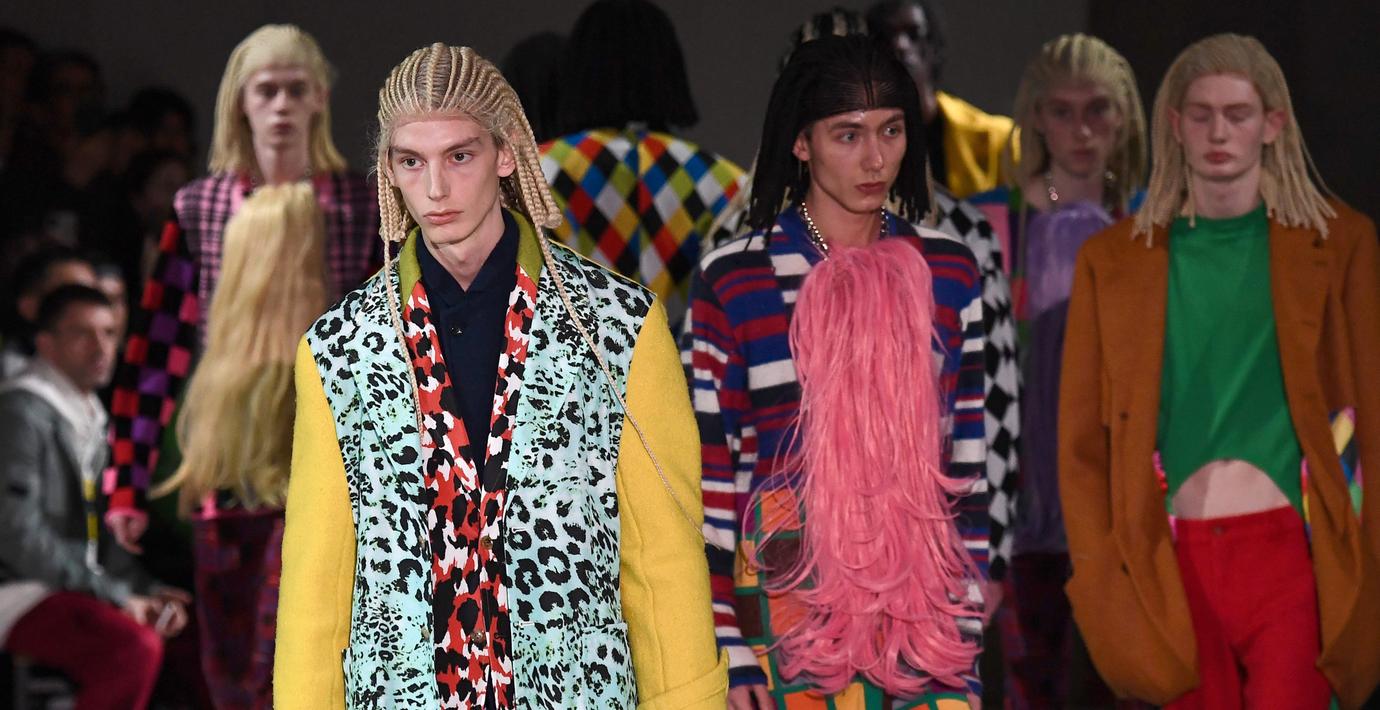
Klädföretag ber om ursäkt efter frisyrkontrovers
Det japanska modeföretaget Comme Des Garçons ber om ursäkt efter en kontrovers kring företagets visning vid modeveckan i Paris.
Flera vita modeller bar peruker med så kallade cornrow-flätor, en frisyr som är starkt förknippad med svart kultur. Kritiker har hävdat att det rör sig om kulturell appropriering, som det kallas när majoritetskulturen använder sig av uttryck från minoritetskulturer på ett respektlöst sätt.
Företaget skriver i ett uttalande att inspirationen kom från en egyptisk prins, och att man ber om ursäkt till de som blivit kränkta, skriver Dazed.
bakgrund
Kulturell appropriering
Wikipedia (en)
Cultural appropriation, at times also phrased cultural misappropriation, is the adoption of elements of one culture by members of another culture. This can be controversial when members of a dominant culture appropriate from disadvantaged minority cultures.According to critics of the practice, cultural appropriation differs from acculturation, assimilation, or equal cultural exchange in that this appropriation is a form of colonialism: cultural elements are copied from a minority culture by members of a dominant culture, and these elements are used outside of their original cultural context—sometimes even against the expressly stated wishes of members of the originating culture.Cultural appropriation is considered harmful by various groups and individuals, including Indigenous people working for cultural preservation, those who advocate for collective intellectual property rights of the originating, minority cultures, and those who have lived or are living under colonial rule. Often unavoidable when multiple cultures come together, cultural appropriation can include exploitation of another culture's religious and cultural traditions, fashion, symbols, language, and music.Those who see this appropriation as exploitative state that the original meaning of these cultural elements is lost or distorted when they are removed from their originating cultural contexts, and that such displays are disrespectful or even a form of desecration. Cultural elements that may have deep meaning to the original culture may be reduced to "exotic" fashion or toys by those from the dominant culture. Kjerstin Johnson has written that, when this is done, the imitator, "who does not experience that oppression is able to 'play', temporarily, an 'exotic' other, without experiencing any of the daily discriminations faced by other cultures." The African-American academic, musician and journalist Greg Tate argues that appropriation and the "fetishising" of cultures, in fact, alienates those whose culture is being appropriated.The concept of cultural appropriation has been heavily criticized. Critics note that the concept is often misunderstood or misapplied by the general public, and that charges of "cultural appropriation" are at times misapplied to situations such as eating food from a variety of cultures or simply learning about different cultures. Others state that the act of cultural appropriation as it is usually defined does not meaningfully constitute social harm, or the term lacks conceptual coherence. Still others argue that the term sets arbitrary limits on intellectual freedom, artists' self-expression, reinforces group divisions, or itself promotes a feeling of enmity or grievance rather than liberation.
Omni är politiskt obundna och oberoende. Vi strävar efter att ge fler perspektiv på nyheterna. Har du frågor eller synpunkter kring vår rapportering? Kontakta redaktionen